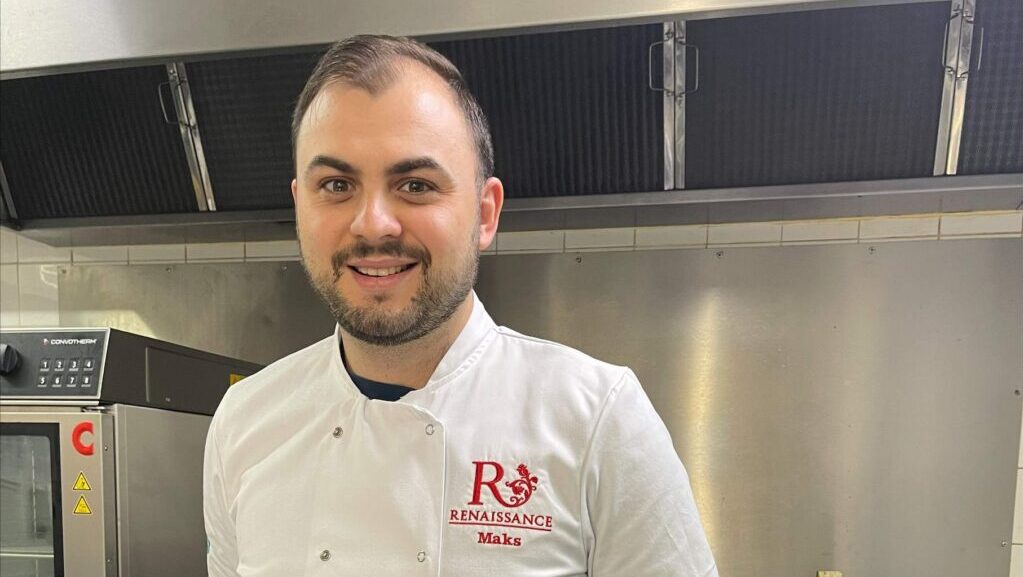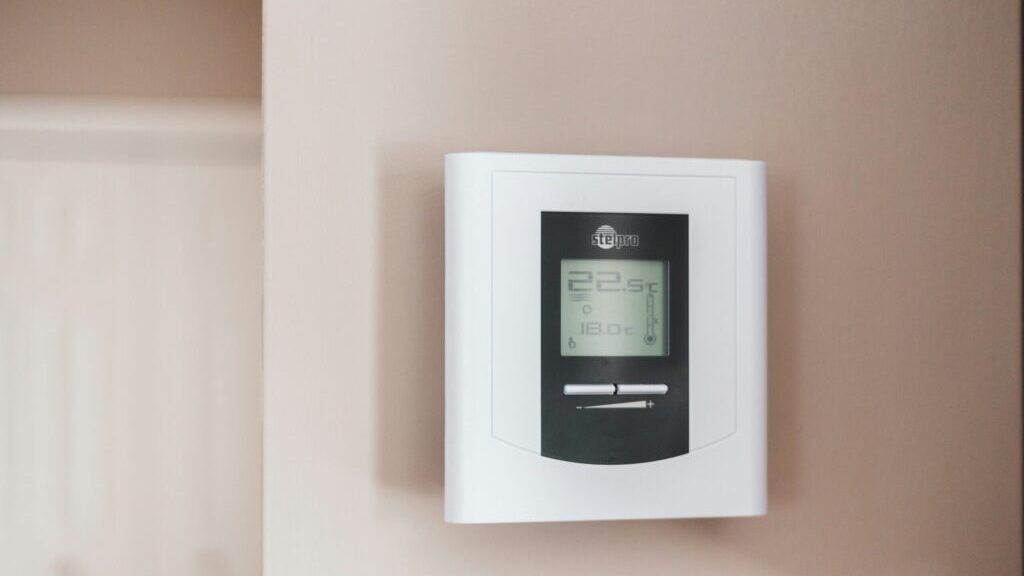EMPLOYEE OF THE MONTH: Maks Parulov
Maks Parulov, Renaissance Care’s peripatetic chef for the North of Scotland, shares his experience of providing a great dining experience for residents

Tell us about your background in catering?
I began my culinary career at HRC Culinary Academy in my home country of Bulgaria, before I travelled around the world, working in various hospitality and foodservice settings. I worked in Italy, France and the United States, alongside some of the best chefs in the world. Looking for a new challenge, I moved to Scotland in 2020 and joined Renaissance Care as head chef at Cowdray Club Care Home in Aberdeen. This year I was promoted to peripatetic chef for the north of Scotland, where I support the catering departments across eight different homes to deliver high-quality catering and dining service through advanced training and a range of development sessions.
What’s special about working at Renaissance Care?
Before working for Renaissance Care, I – like many people – thought care home catering would be quite limited and there wouldn’t be much scope for creativity or trying new things. I couldn’t have been more wrong. I have the opportunity to use my creativity every day and inspire the catering teams across the North to experiment with new flavours and cuisines, much to our residents’ delight. Receiving positive feedback from the residents on new dishes or menus we create is undoubtedly my favourite thing about the job.
How do you vary your menu to provide choice for residents?
At Renaissance Care we create four menu cycles a year, according to the season and the produce that is readily available at that time. We love to engage with the residents, and regularly organise tasting sessions within the homes, so they have a chance to try new dishes and we can gather their feedback before we put them on the menu. It’s really important that the dishes on the menu feature foods they love to eat, increasing the likelihood that they’ll eat what we prepare and in turn, benefit from the nutritional value.
How do you meet residents’ nutritional and health needs?
Creating and providing seasonal, nutritionally balanced meals is key to resident wellbeing and is an area of expertise at Renaissance Care. It’s vital that our menus are of nutritional value but also appealing and will satisfy individual needs. We can cater any meal to suit dietary requirements and health conditions, as well as cultural and religious beliefs.
How do you care for residents with dementia?
We understand that many residents with dementia often have issues with eating and drinking. Memory loss means they can struggle to recognise food, while also suffering from a decreased sense of smell and taste. This can really diminish the enjoyment of food, which plays such a significant role in our lives. We make a conscious effort to create dishes that stimulate as many senses as possible, with food that looks, smells and sounds appealing. It’s equally as important that we focus on food that our residents want and can easily eat. Taking all of this into account, we also create ‘show plates’ to show residents what their food will look like in advance, and to tempt them into eating.
What’s your most popular dish?
One of our most popular dishes is definitely the Balmoral chicken. A delicious traditional Scottish dish, named after Balmoral Castle in Aberdeenshire, the chicken is stuffed with haggis and served with lashings of creamy whisky sauce.
What’s your favourite dish?
As a chef, I spend most of my day in the kitchen preparing meals for the residents before I go home and do the same for my family. There are so many dishes that I love to cook, but one of my favourites has to be a roasted leg of lamb, with baby potatoes, honey roasted root vegetables, and salsa verde.
How do you make the dining experience special for residents and their families?
I love using my skills and knowledge from the hospitality industry to add some excitement to our residents’ dining experiences. Mealtimes are a really important part of their daily routine, as for those who don’t see their family often, it’s a chance to socialise with other residents. This interaction is crucial for building a sense of community in the homes, and encouraging residents to fully enjoy their meals, increasing their nutritional intake and overall wellbeing.



